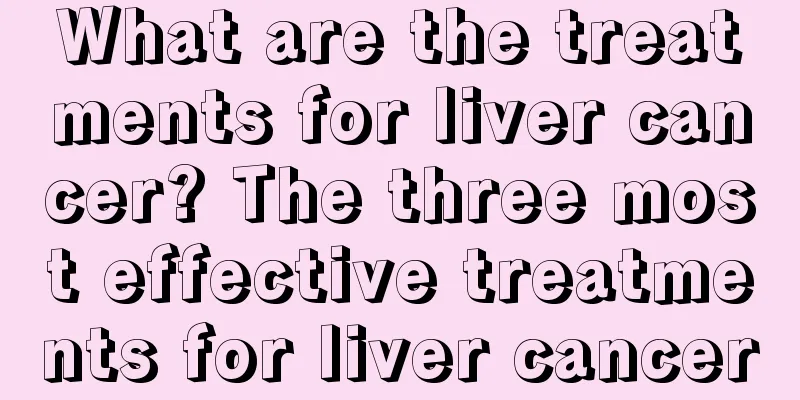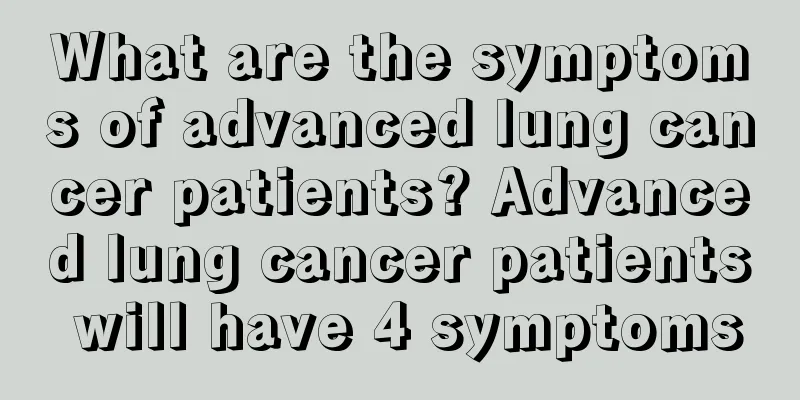Psychological problems of breast cancer patients at different stages

|
Psychological problems of breast cancer patients at different stages: 1. Psychological problems of patients at the time of disease diagnosis and after admission Breast cancer patients can have strong psychological reactions when the disease is diagnosed, especially after the diagnosis. Wu Yanping used the "Mental Health Questionnaire" to test 123 breast cancer patients. The results showed that when they learned that they were diagnosed with breast cancer, 97% of the patients had different degrees and types of anxiety, showing four kinds of worries: worry about their own lives; worry about the change in body shape after treatment and the value of survival; worry about functional impairment after surgery and being unable to take care of themselves; worry about family finances, children's support, elderly care, and husband's heavy burden. 53.7% of patients showed doubt and denial; 33.3% of patients showed fear; 58.5% showed pessimism and disappointment. Tian Fengxian et al. used medical record classification and questionnaire survey to obtain the psychological state of 40 patients after they learned that they had been diagnosed with breast cancer: 92.5% of patients felt shocked and fearful; 75% of patients felt that the environment was unfamiliar and difficult to adapt to the role change; 75% of patients were willing to actively cooperate with medical staff and were confident in treatment. Zeng Yudan analyzed the psychological characteristics of 28 breast cancer patients, and all of them had psychological problems of panic, negativity, suspicion, and suicide to varying degrees. It can be seen that understanding and mastering the psychological problems of breast cancer patients in the first stage is the basis and key link for providing full-course psychological care. 2. Psychological problems of patients during treatment After the diagnosis of breast cancer is confirmed, the treatment is mainly surgical resection, supplemented by radiotherapy, chemotherapy and other comprehensive treatments during the perioperative period. Patients have corresponding nursing problems with different treatment methods. (1) Psychological issues of surgical treatment Surgical treatment will cause great damage to the patient's body while removing the tumor, making the patient feel deeply sad for losing the second female characteristic. Xu Suhua's questionnaire survey of 75 breast cancer surgery patients showed that 97.5% of them were worried and fearful, 93.3% had increased inferiority complex, 89.3% were concerned about the destruction of their body beauty, 73.3% believed that their sexual attraction was reduced, 80% needed to understand the relationship between breast and sex, and 62.6% were worried about any symptoms. Yan Cuizhi reported that the psychological reactions of different age groups to surgery were: those who were worried, fearful, had increased inferiority complex, concerned about the destruction of their body beauty, believed that their sexual attraction was reduced, and needed to understand the relationship between breast and sex were 25-40 years old and 40-70 years old, while those who were concerned about functional recovery were 40-70 years old and 25-40 years old. This provides a basis for providing targeted individualized psychological care. (2) Psychological problems during radiotherapy and chemotherapy. Patients who have undergone surgery need radiotherapy and chemotherapy, which often have serious side effects. Patients may experience nausea, vomiting, loss of appetite, hair loss, etc., and they often show fear. Word et al. investigated the psychological state of 38 breast cancer patients at the completion of adjuvant therapy. The survey showed that 30% of the patients felt flustered at the end of treatment. Tian Fengxian reported that 33 out of 40 patients (77.5%) felt anxious and had bad tempers during chemotherapy due to mood swings, and 25 patients (62.5%) gave up chemotherapy because they could not tolerate the side effects of chemotherapy. |
<<: Diagnosis method of nasopharyngeal carcinoma
>>: Medical history collection for breast cancer
Recommend
What is the differential diagnosis of nasopharyngeal carcinoma and what are the symptoms?
What is the differential diagnosis for nasopharyn...
How to eat pumpkin seeds to repel parasites
We often hear that children have worms in their s...
How to treat nasopharyngeal carcinoma
How is nasopharyngeal cancer treated? 1. In recen...
Can liver cancer patients eat American ginseng? Yes
Can liver cancer patients eat American ginseng? A...
How long can you live with advanced laryngeal cancer and how long will the surgery take
Laryngeal cancer surgery can usually be completed...
What happens if you drink soy milk on an empty stomach
Soy milk is a traditional Chinese breakfast food....
What should we pay attention to in preventing lung cancer? What should we pay attention to in preventing lung cancer
Lung cancer is a disease with a very high inciden...
What are the nursing measures for lung cancer? 4 common nursing methods for lung cancer
Many people know the harm of lung cancer. In rece...
How to make children pay attention in class
China's exam-oriented education determines th...
Esophageal cancer is a lifestyle disease and can be prevented
Esophageal cancer has always been one of the most...
How to deal with white clothes turning yellow?
White clothes are common clothes, so everyone has...
How to make hair hard if it is too soft?
Hair is the most important tissue in the human bo...
My head hurts on the right side.
Headaches are very common and complicated in dail...
What should I apply to protect my lips before applying lip gloss
Love of beauty is natural, so there are all kinds...
Early symptoms of prostate cancer in the elderly
Among male diseases, prostate disease is the most...









